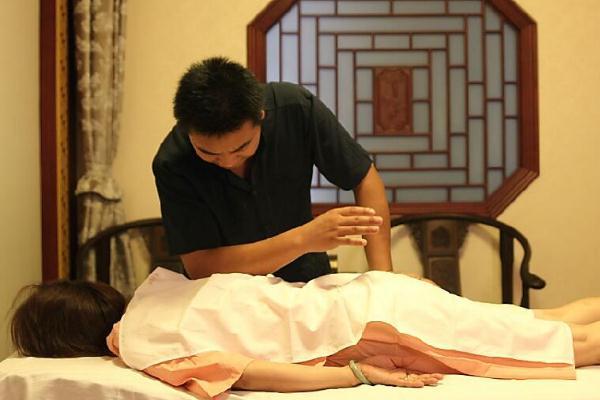The Hidden Risks of TCM That No One Talks About

Traditional Chinese Medicine (TCM) is widely respected for its holistic approach and natural treatments, with practices like acupuncture and herbal medicine gaining popularity in Singapore. However, like any form of healthcare, TCM carries certain risks that are not frequently discussed. Before considering TCM treatments, it’s essential to understand these hidden risks to make informed decisions. Here, we outline some key risks associated with TCM, from herbal interactions to choosing the right TCM physician.
1. Herbal Medicine Interactions with Prescription Drugs
One of the primary concerns with TCM is the risk of herbal medicine interacting with prescription drugs. Herbs commonly prescribed in TCM, such as ginseng or liquorice root, may interact with medications, potentially altering their effectiveness or causing side effects. Patients who visit a traditional Chinese medicine clinic should inform their TCM physician of any medications they are currently taking to avoid adverse interactions. Without proper guidance, herbal remedies could lead to complications rather than relief.
2. Unregulated Herbal Ingredients and Quality Control
The quality and purity of herbal ingredients used in TCM can vary significantly, especially if the herbs are not sourced from reputable suppliers. In some cases, herbs may be contaminated with heavy metals, pesticides, or other harmful substances. This lack of standardisation in sourcing can result in health risks, especially when herbs are ingested over long periods. Choosing a traditional Chinese medicine clinic with a reputation for high-quality ingredients and transparency is essential for safe treatment.
3. Risk of Infection from Acupuncture
While acupuncture is one of the best-known TCM practices for pain relief and stress reduction, there is a risk of infection if it is not performed under hygienic conditions. Acupuncture involves inserting needles into the skin, which, if not sterilised correctly, can introduce bacteria and lead to infections. To minimise this risk, it’s vital to choose an experienced TCM physician who follows strict hygiene protocols. Patients should look for clinics that are certified and ensure that practitioners use single-use, sterile needles.

4. Misdiagnosis Due to Lack of Modern Testing
One of the challenges in TCM is that diagnoses are often based on traditional techniques rather than modern medical testing. While TCM physicians use time-tested methods to assess health, such as pulse diagnosis and tongue examination, these may not provide the detailed information needed for grave health conditions. This reliance on traditional methods alone can sometimes lead to misdiagnosis, particularly in cases where modern testing, like blood tests or imaging, would provide critical insights.
5. Delayed Access to Conventional Treatments
Another risk associated with TCM is the potential delay in seeking conventional medical treatments for critical conditions. Some patients may choose TCM as their primary treatment, which can be problematic if the condition requires urgent medical intervention. While TCM can complement modern medicine, it should not replace essential treatments for life-threatening conditions. A balanced approach, with TCM as part of a comprehensive health plan, is recommended for safe and effective care.
6. Variability in Practitioner Expertise
The effectiveness and safety of TCM largely depend on the expertise of the TCM physician. Unlike conventional medicine, where qualifications are standardised, the training and experience of TCM practitioners can vary. An inexperienced practitioner may not provide accurate diagnoses or safe treatments, leading to potential health risks. Patients should research practitioners, verify their credentials, and seek recommendations to ensure they receive care from a qualified professional.
7. Misunderstanding TCM as a Cure-All Solution
There is a tendency to view TCM as a solution for various health issues, but it’s essential to recognise its limitations. TCM can be highly effective for certain conditions, like stress and chronic pain, but it may not be suitable for all ailments. Relying solely on TCM without considering its limitations could lead to unaddressed health concerns. Understanding the scope and proper use of TCM can help patients make informed decisions and avoid unrealistic expectations.
Conclusion
While TCM offers valuable health benefits, it’s essential to be aware of the potential risks associated with herbal interactions, infection, and practitioner expertise. By understanding these hidden risks, patients can make informed choices about integrating TCM into their wellness routines safely. For those interested in TCM, careful selection of a reputable clinic and open communication with healthcare providers is key to minimising risks.
For more information about TCM solutions, contact NovaHealth TCM Clinic today.
